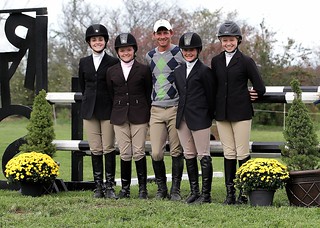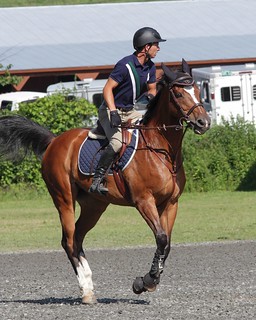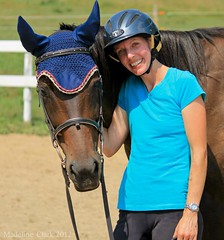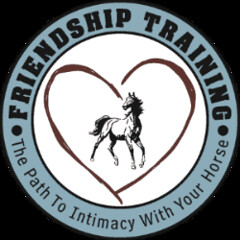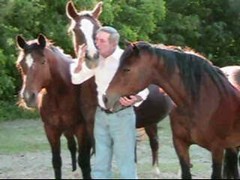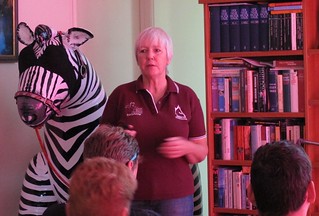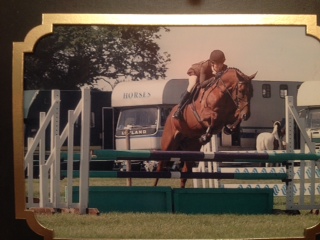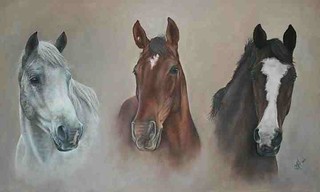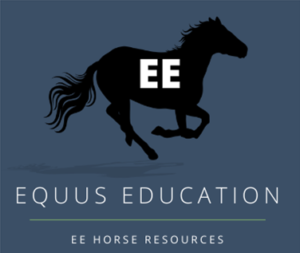Ilka of Gansera-Leveque Equine Services kindly answered some questions about her work as a trainer.
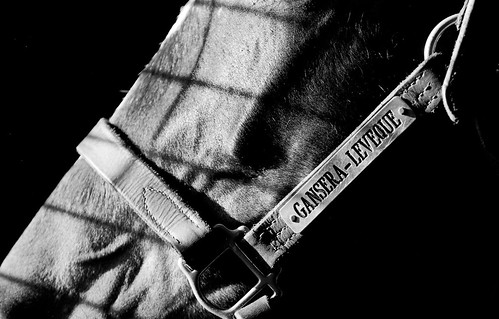
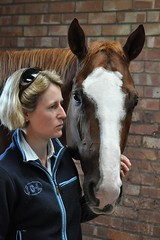
How much of your day/week is related to horses?
It’s 7 days a week, at least 12 hours per day and when you are not at the barn you are still doing things related to the business. I guess that is the nature of being self employed.
What is it exactly that you do?
Getting horses physically and mentally ready to compete. Communicate the progress and game plan to owners. Admin in the office (don’t have a secretary yet). I’ve done everything from the bottom up. Now it’s evolving more into a managing role.
In this field of work, is it possible to be a full time professional and earning a liveable income?
In comparison, underpaid to other lines of work but like anything if you work hard, you can go places.
What are the general steps taken to be employed in such a role?
In Europe: an apprenticeship, go to racing school, work experience.
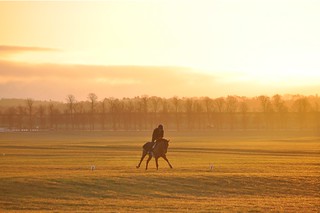
Favourite horse memory?
Going to the races with my family as a kid. My big underdog winner Joe Sugden in Newmarket last summer.
Future goals?
Be a winner and train classic winners.
Best thing about your sport/profession?
Being in the fresh air, being up with the birds seeing the sunrise. The anticipation and hopes and dreams connected to each horse and race.
“In training horses, one trains himself” – Antoine De Pluvinet
